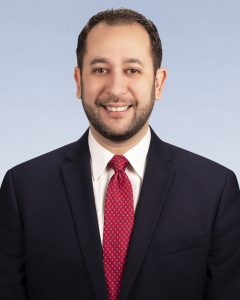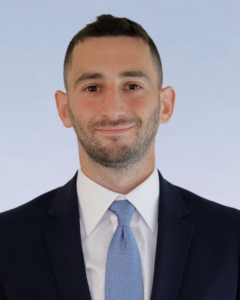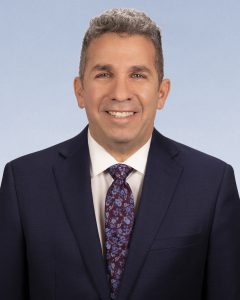Large Firm Service. Small Firm Attention.

SHARE
Students with Disabilities are Granted Extended School Year Services
Published July 14, 2022
Now that summer has started, parents may have questions about the purpose of Extended School Year (ESY) Services and whether your child is eligible. ESY services are services and programming provided to students with disabilities during July and August for approximately six weeks.
CSE Determines Eligibility for ESY Services
The Committee on Special Education (CSE) determines eligibility for these services. To grant ESY eligibility, the CSE must determine that the student is at risk for substantial regression. In other words, the student may lose skills, competency or knowledge during the July and August break due to a lapse in special education supports and services. The CSE may look at how the student functioned after returning long vacations, such as winter break or Thanksgiving break and teachers should provide regression statements to document their observations. the student’s providers may have expressed concerns regarding regression, difficulty in transitioning back to routines or loss of academic skills after prolonged breaks. The CSE may also focus on the student’s disabilities and ability to recoup skills in a timely fashion upon returning to school.
If the CSE finds the student eligible for ESY services, the CSE must document this on the student’s Individualized Education Program (IEP). The IEP must specify what supports and services will be provided to the student during the July and August months. Examples of services can include specialized class and/or related services such as Speech Language Therapy (SLT), Physical Therapy (PT), Occupational Therapy (OT), Counseling or Hearing Services. The IEP must also indicate the frequency of the services to be provided to the student. A student’s ESY program does not have mirror the student’s 10-month program. The CSE will focus on providing the services that will address the area in which the student is expected to experience regression. For example, if an IEP mandates that a student receive a 12:1:1 class with OT, Counseling and SLT from September through June. It is not necessary that the student receive the same program for the summer. A determination will be made to see if which supports will help him or her to prevent substantial regression. Hence, there is a possibility that the student will receive only 12:1:1 with counseling and not the SLT and OT.
ESY Services are Different than Summer School or Pandemic Recovery Services
ESY summer are different from summer school. Typically, summer school programs focus on helping students work towards credits or classes they failed over the 10-month school year. School districts typically offer summer school to both general education and special education students, whereas ESY services are usually only offered to special education students. It is also important to differentiate ESY services from the Special Education Recovery Services offered during the pandemic. Those services were offered to help students focus on skills lost or not appropriately addressed due to learning disruption during the pandemic. Students may receive Special Education Recovery Services during the summer months during the time when the student is receiving ESY services, assuming there are available providers.
This year, ESY services will begin on July 5, 2022, and will end on August 12, 2022. Typically, the student’s school will send a survey letter that needs to be completed to indicate whether the student will attend the ESY program. Although it is highly recommended the ESY to prevent substantial regression, the services are not mandatory. For example, many parents worry that if they do not send their child to such services, they may be held liable by the ACS or CPS for educational neglect, similar to when a child misses school for a prolonged period of time without just cause. This is not the case. The students can attend other programs or services such as summer camps or attend vacations during the summer months without penalization.
Although students receive ESY services only for six short weeks during the summer, they can be very helpful to students with disabilities. Parents should review their child’s ESY program and express any concerns regarding services that were not included. Parents should also monitor their child’s progress or lack thereof during ESY services and address any concerns in writing in a timely manner. If you are concerned that your child is not receiving the appropriate supports and services for his or her unique needs, you should consider reaching out to a special education attorney in a timely manner.
Categories
Recent Posts
Explore In-Depth

Corporate & Securities

Elder Law & Estate Planning

Special Needs Planning

Special Education Advocacy


















